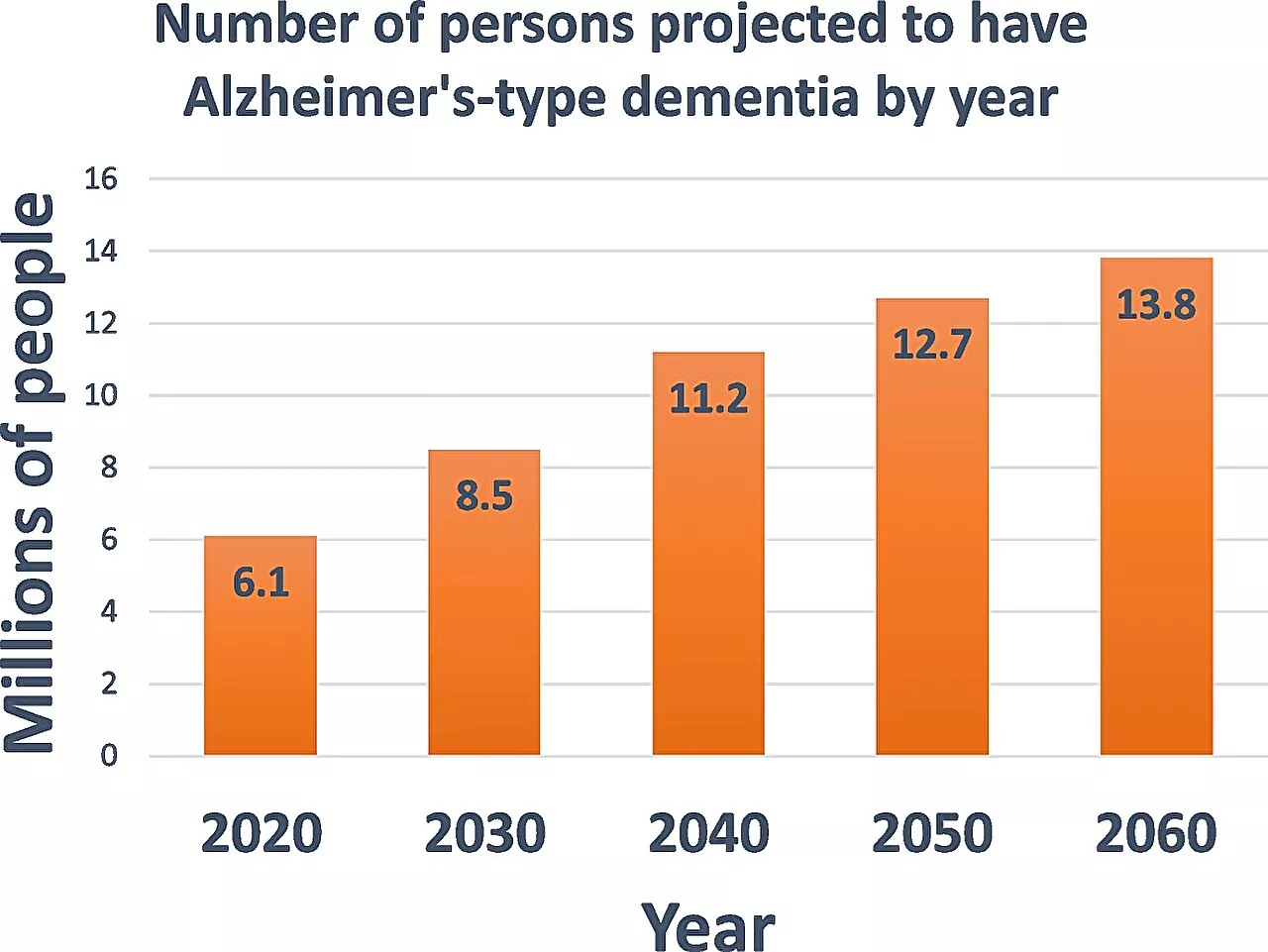Therapies that deliver hydrogen sulfide to cells could one day become the basis of new treatments for obesity and related diseases, new research has concluded.
University of ExeterOct 10 2024
The new study is led by Jagiellonian University Medical College in Poland and the University of Exeter and published in Pharmacological Research. In the research, mice were fed a high-fat diet were injected with the compound AP39, which delivers hydrogen sulfide direct to mitochondria in cells The research concluded that the treatment significantly slowed the rate of weight gain, reduced by 32 per cent on average, over the 12 weeks of the study.
Study co-author Matt Whiteman, Professor of Experimental Therapeutics at the University of Exeter Medical School, first began researching the role of hydrogen sulfide in the body in 2004. He first noticed that people with type 2 diabetes who were overweight had lower levels of hydrogen sulfide in their blood. This was determined by the amount of body fat they were carrying.
Blood Compound Diabetes Diet Fatty Liver Inflammation Lipogenesis Liver Mitochondria Obesity Therapeutics
United Kingdom Latest News, United Kingdom Headlines
Similar News:You can also read news stories similar to this one that we have collected from other news sources.
 Northampton Market returns home after £10m faceliftThe historic market has new stalls from Italy, new paving, new lighting and new trees.
Northampton Market returns home after £10m faceliftThe historic market has new stalls from Italy, new paving, new lighting and new trees.
Read more »
 Study suggests using neurostimulation therapies on a specific brain circuit could treat PTSDA study led by researchers at Brigham and Women's Hospital evaluated 193 participants in the Vietnam Head Injury Study with penetrating traumatic brain injury. The team found those with damage connected to their amygdala, the fear center of the brain, were less likely to develop PTSD. Their results are published in Nature Neuroscience.
Study suggests using neurostimulation therapies on a specific brain circuit could treat PTSDA study led by researchers at Brigham and Women's Hospital evaluated 193 participants in the Vietnam Head Injury Study with penetrating traumatic brain injury. The team found those with damage connected to their amygdala, the fear center of the brain, were less likely to develop PTSD. Their results are published in Nature Neuroscience.
Read more »
 More diversity needed in dementia studies to enhance targeted therapiesA lack of diversity in genomic studies for dementia could limit the effectiveness of targeted therapies across underrepresented populations, finds research by UCL experts.
More diversity needed in dementia studies to enhance targeted therapiesA lack of diversity in genomic studies for dementia could limit the effectiveness of targeted therapies across underrepresented populations, finds research by UCL experts.
Read more »
 Bridging gaps: Researchers apply cancer insights to advance Alzheimer's therapiesNew research suggests that understanding how cancer cells evade the immune system could hold the key to developing more effective treatments for Alzheimer's disease.
Bridging gaps: Researchers apply cancer insights to advance Alzheimer's therapiesNew research suggests that understanding how cancer cells evade the immune system could hold the key to developing more effective treatments for Alzheimer's disease.
Read more »
 Microbial biomarkers identified in lupus and IBD offer pathways for targeted therapiesResearch connects gut microbiota to lupus and IBD, uncovering microbial markers and pathways that could inform targeted therapies for autoimmune disorders.
Microbial biomarkers identified in lupus and IBD offer pathways for targeted therapiesResearch connects gut microbiota to lupus and IBD, uncovering microbial markers and pathways that could inform targeted therapies for autoimmune disorders.
Read more »
 CRISPR-Cas13 emerges as a game changer in RNA-targeted therapiesIn recent years, the scientific community has made significant strides in the field of gene editing, particularly through the development of the CRISPR (Clustered Regularly Interspaced Short Palindromic Repeats) systems.
CRISPR-Cas13 emerges as a game changer in RNA-targeted therapiesIn recent years, the scientific community has made significant strides in the field of gene editing, particularly through the development of the CRISPR (Clustered Regularly Interspaced Short Palindromic Repeats) systems.
Read more »
